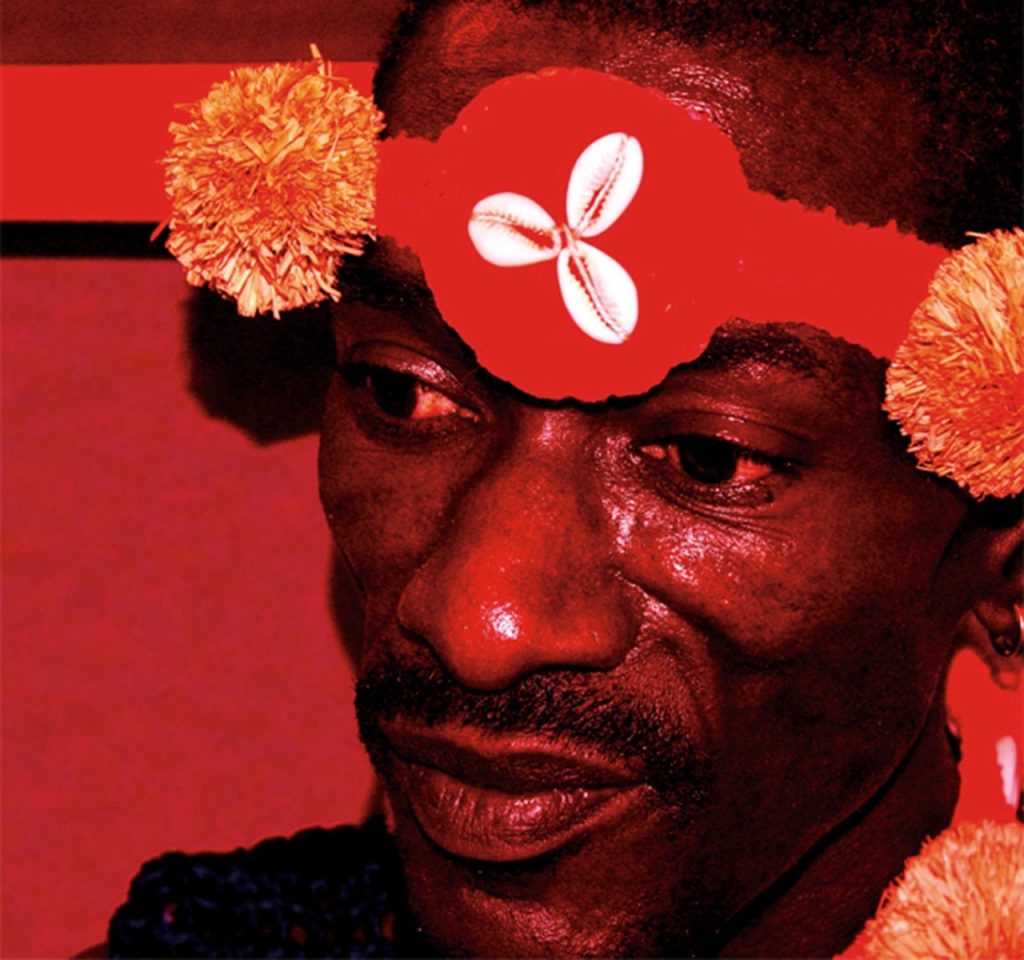The Bubu King
Janka Nabay is the premier exponent of Sierra Leone's frantic and frenetic Bubu Music.

Janka Nabay.
The new video, via The Fader., for “Eh Congo” by Ahmed Janka Nabay, the premier exponent of Sierra Leone’s frantic Bubu Music. Nabay is from the rural Temne region of Sierra Leone. He also has a new album.
According to his label, Luaka Bop, “… the original ‘bubu’ is cloaked in mythology: according to Nabay, a young ‘bubu boy’ took it from witches 500 years ago and brought it to the public at large, sacrificing his own life in the process. When Islam reached Sierra Leone, bubu became a part of indigenous processionals during Ramadan; this is the music Nabay learned and perfected as a child. As Janka says: “Bubu is an old, old music, but people don’t know about it. You can add new things into the beat if you know it really well, and make your own sound out of it.”



















